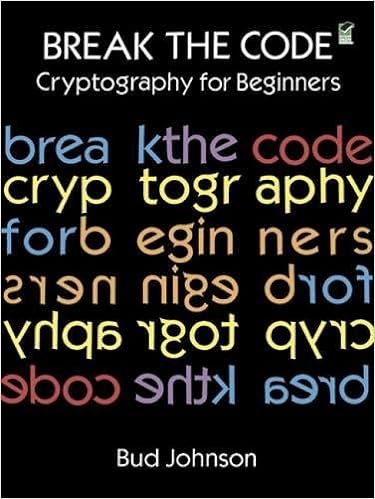
In Word, you can use the Alt+F7 keyboard shortcut to jump straight to the first error behind where the cursor currently is in the document. Using the Spelling and Grammar Checker Keyboard Shortcut As a matter of good practice, always re-review your document before sending it out. In this case, Word failed to catch the incorrect usage of “bare.” That said, you can count on Word to detect a lot of issues in a document, but you can’t rely on it 100%. So what can’t Word’s spelling and grammar checker do? As comprehensive as it may seem, it often fails when it comes to noticing the incorrect usage of a properly spelled word. You can also do things like exclude specific words from the checker, check for inclusive language, ignore URLs, and much more.
How to use microsoft word spell check in french how to#
RELATED: How to Improve Microsoft Word's Grammar Checker For example, you can have Word check for passive voice, split infinitives, superfluous expressions, and so on. However, you can make Word’s spelling and grammar checker work harder by enabling some additional features in its Settings menu (File > Options > Proofing > Settings). These are the basics that Word checks for by default. It also detected “eaten” was misspelled as “aten,” so it flagged that as a spelling error.


In the above example, Word detected two spaces between “John” and “ate,” so it flagged it as a grammar issue. When there’s incorrect grammar or formatting, Word flags it with two blue underlines. When a word is misspelled, Word flags it with a wavy, red underline. Word’s spelling and grammar checker is enabled by default. What the Spelling and Grammar Checker Can and Can’t Do Using the Spelling and Grammar Checker With a Keyboard Shortcut.What the Spelling and Grammar Checker Can and Can’t Do.


 0 kommentar(er)
0 kommentar(er)
